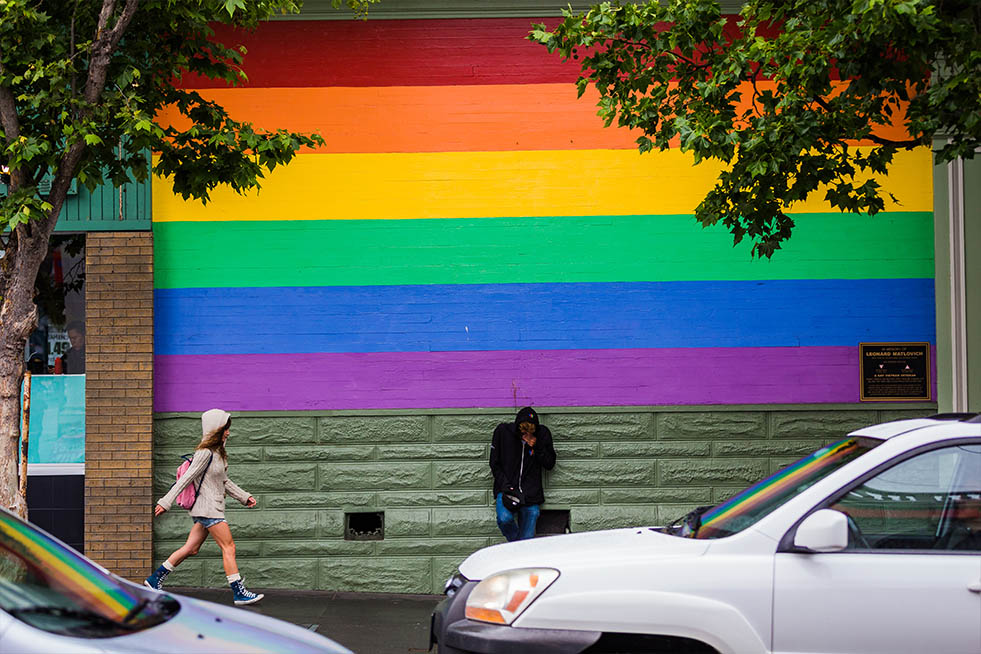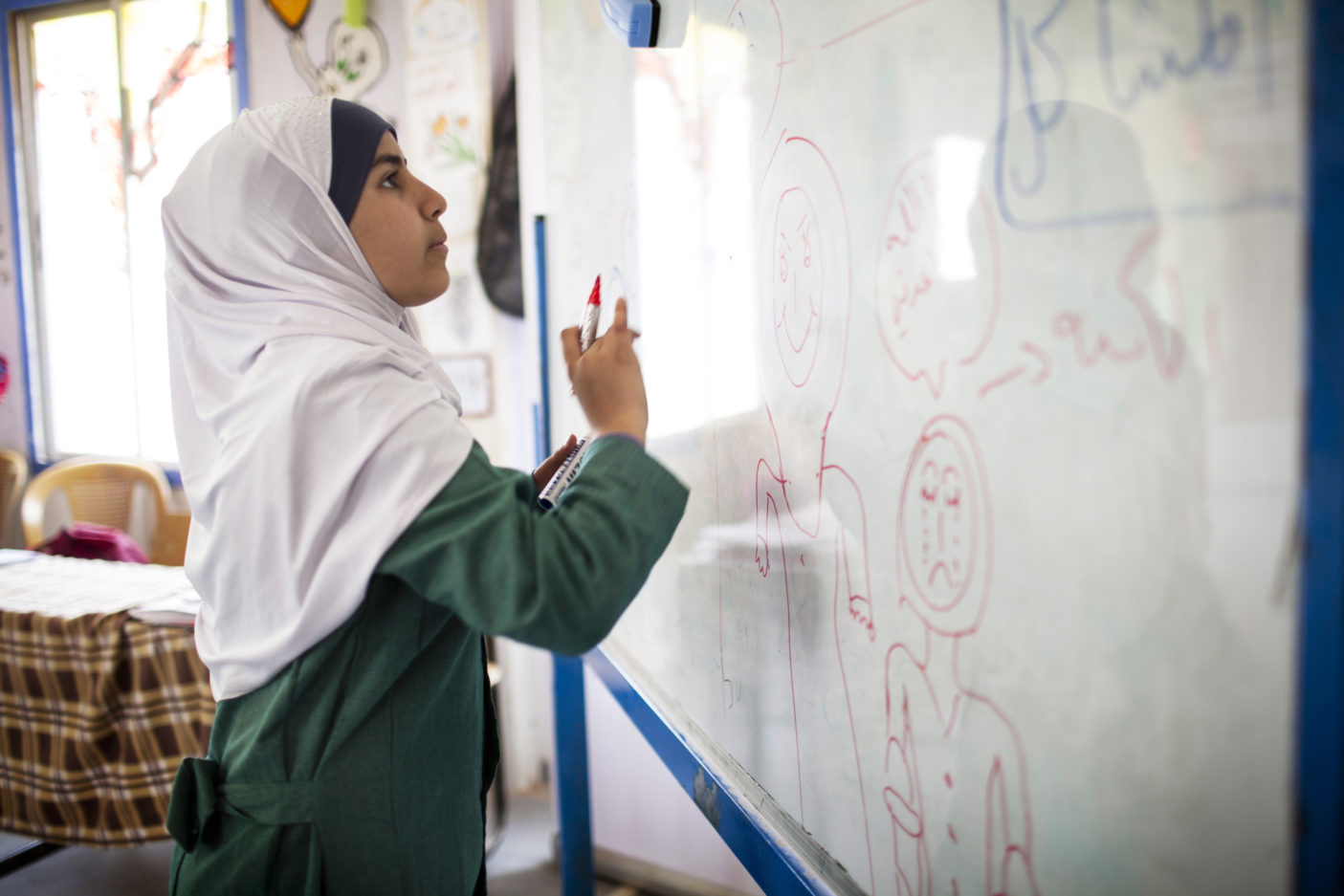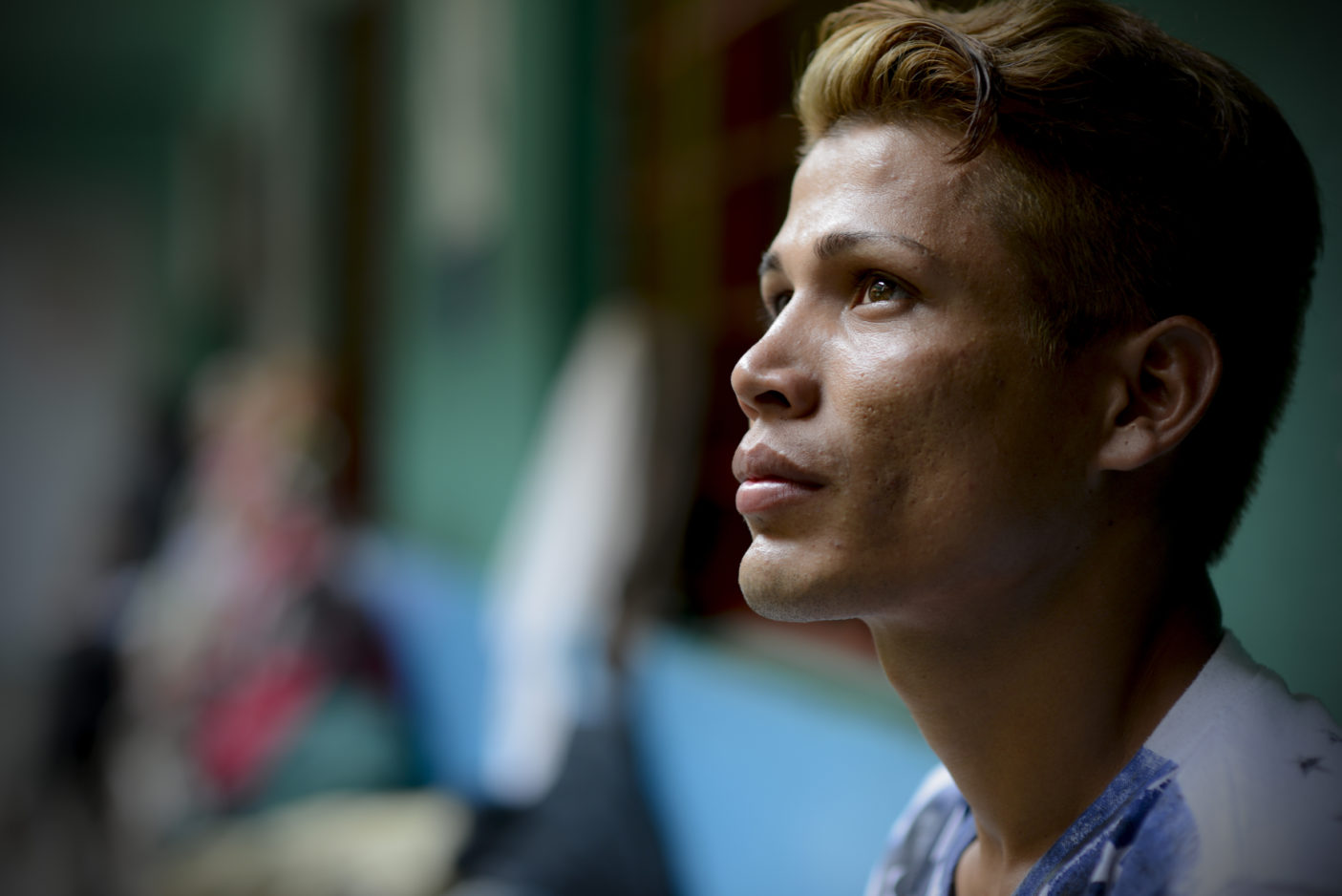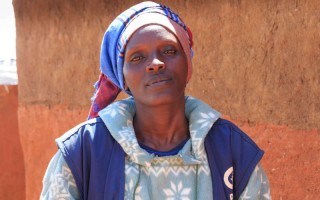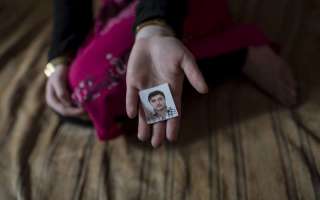Sexual and gender-based violence (SGBV) is a violation of human rights. It denies the human dignity of the individual and hurts human development. UNHCR is committed to ending all forms of SGBV by working to prevent such violence before it happens and responding to the needs of all survivors, who can be women and girls as well as men and boys.
Women and girls all over the world are at risk of violence—however women and girls forced to flee their homes due to conflict are more vulnerable to sexual violence. Regions which experience high levels of displacement see corresponding levels of violence against women and girls.
%
of all marriages by Syrian refugees living in Jordan now involve a child below the age of 18, compared to 13% prior to the civil war
%
of women worldwide will experience violence in her lifetime
%
of refugee and migrant sea arrivals to Europe are women and children, at high risk of sexual exploitation and abuse as they seek safety and shelter
countries outlaw same sex acts, punishable by beatings, jail and even the death penalty in some instances
“They tortured and beat us severely.” Nadia*, a 23 year old transgender woman – describing her abduction by an extremist militia in her native Iraq, which led her to flee across the Middle East in search of safety. She is now under the protection of UNHCR in Lebanon.
What is UNHCR doing to help?
UNHCR, the UN Refugee Agency, is committed to ending all forms of sexual and gender-based violence, by working to prevent violence before it happens and responding to the needs of all survivors.
From the first moment of registration, UNHCR works to identify survivors so we can follow up with medical treatment, counselling or whatever is needed. In camps and cities, for example, we make sure victims are not housed with perpetrators.
UNHCR provides survivors of sexual violence with:
- HEALTH CARE: emergency medical treatment is given to SGBV survivors including HIV and STI preventative treatments, post-rape prophylactics and medical aid for injuries sustained.
- PROTECTION: safety services are provided to survivors including women/children only spaces, secure shelters, legal support and, where possible, the punishment of offenders.
- PSYCHOLOGICAL CARE: we provide survivors with the support and tools needed to deal with personal trauma and possible social exclusion.
Surviving and Thriving: moving past violence
As well as providing immediate emergency care for refugees and displaced persons experiencing violence, UNHCR also works to ensure that violence is prevented in the future, and that survivors of violence can not only survive, but thrive into their future.
Throughout their time in exile, UNHCR helps refugee children go to school, which educates children on SGBV and can identify children at risk of such violence and connect them to appropriate services.
We also provide vocational training and psychosocial support to SGBV survivors, including through special safe spaces for women in camps, where women can connect to support services and learn new skills (such as sewing or cooking) to help them earn an income and support their families.
UNHCR also works closely with governments and partners to provide support for changes to legislation and court practices, for the well-being of SGBV survivors.
Tales of Courage and Survival
How our supporters have helped
7,400
27,700
reported SGBV incidents for which survivors received psychosocial counselling


